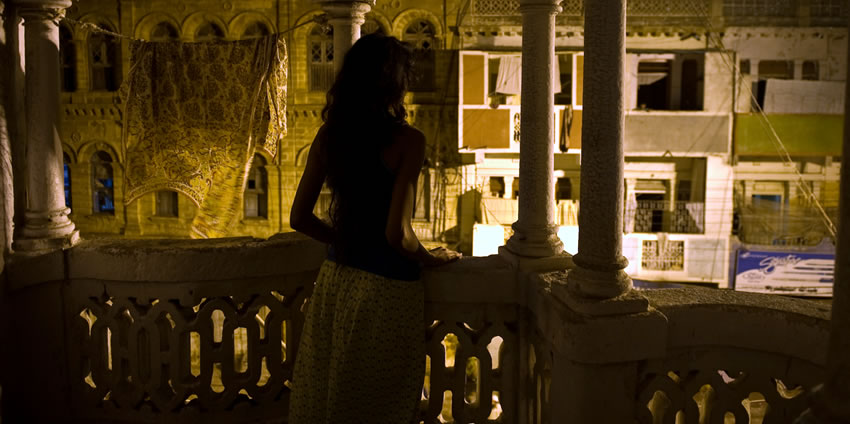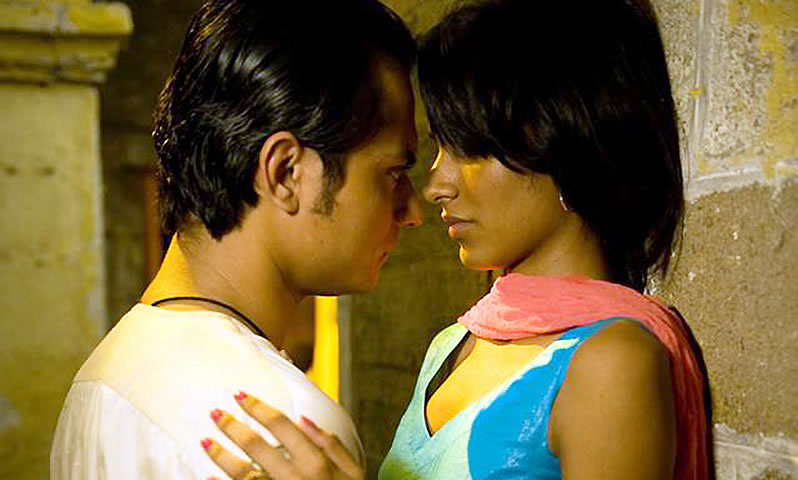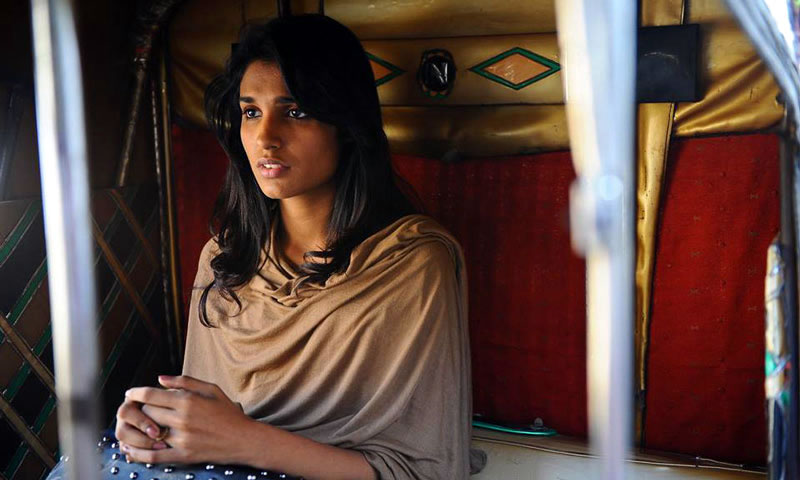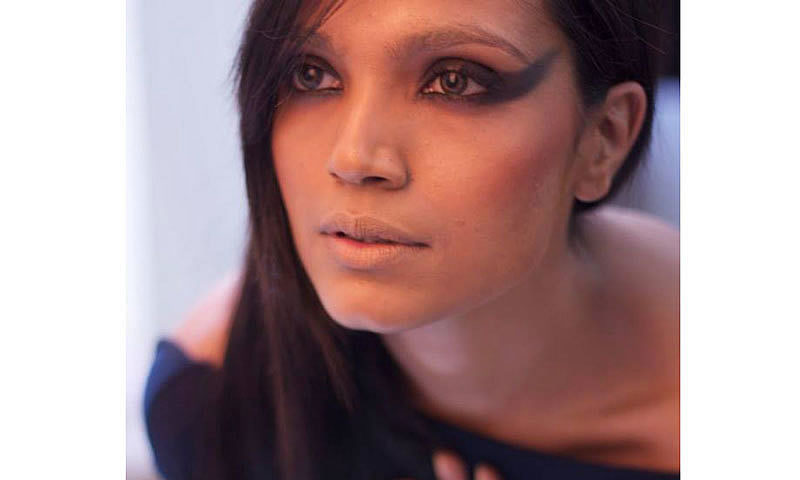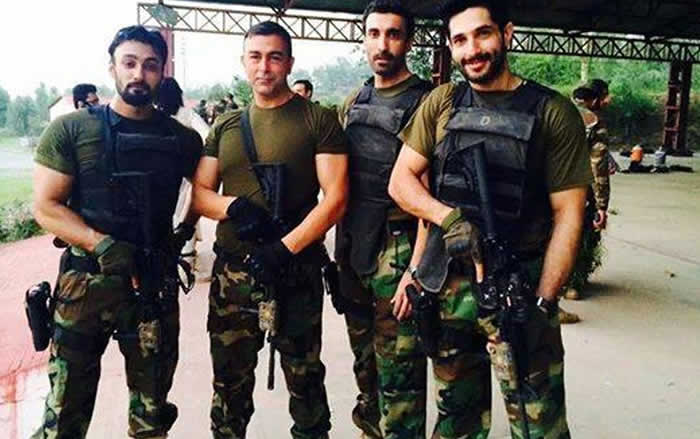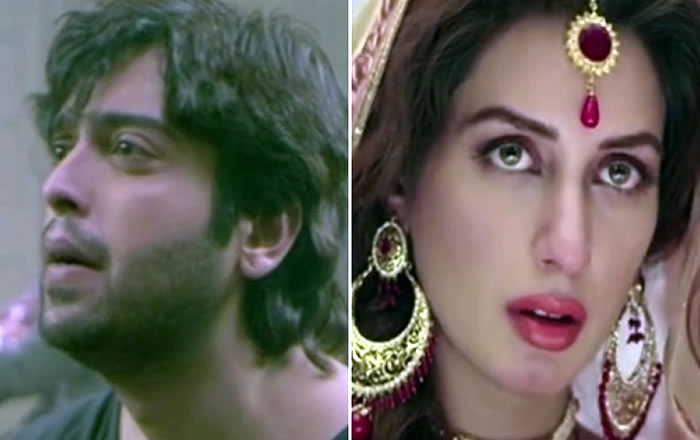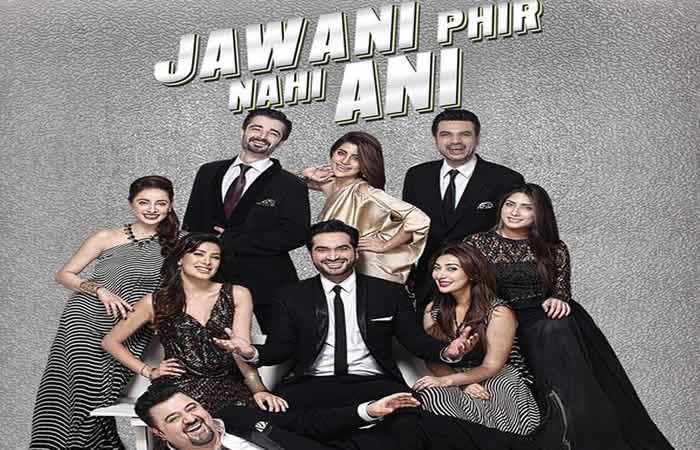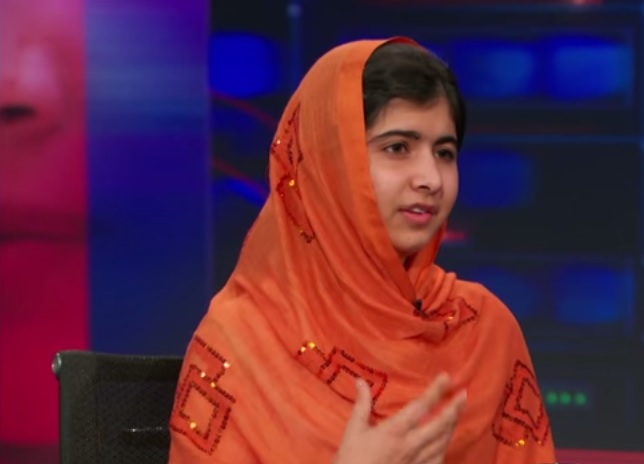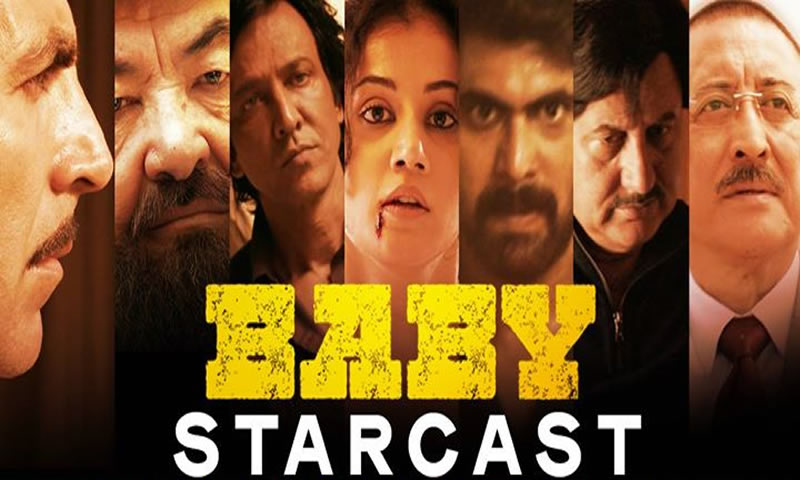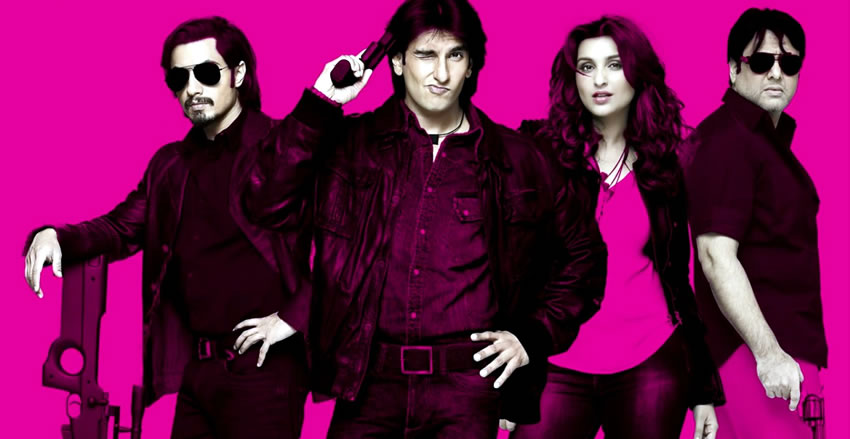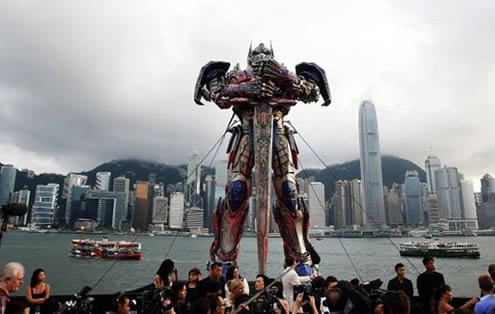The world of fashion is seen as embodying aspirations but elusive – a little too beautiful, carefully styled and entirely unreal. Sabiha Sumar’s Good Morning Karachi attempts to pierce through that unreality to tell the story of rising model Rafina.
[contentblock id=1 img=adsense.png]
It is fitting that I watched the film amidst a crowd of Rafinas. Aspiring and established models dressed to the nines turned up to the premiere excited to get a glimpse of the world they inhabit and the struggles they have faced.
Unfortunately, the film fails to capture this struggle and rings a bit hollow. The title refers to a radio show which Rafina regularly listens to. The attempt to draw parallels between Rafina’s inner conflict and the conflict in the city falls short. Broadcasts about ‘conservative hardliners’ burning down billboards seem trite and out of place.
The parts that work best are the ones that focus on Rafina’s hopes and ambitions. Originally titled ‘Rafina’ like the Shandana Minhas novella it is based on, the movie loses its impact when it tries to describe the city. The social commentary is pedestrian at best with very hackneyed portrayals of two opposite segments of society. Rich people are like this, poor people are like that is oversimplification and in no way gives insight into the complex class structures that exist around us.
The portrayal of Rafina supposedly having to choose between the two worlds feels contrived and cliched. Rafina herself on the other hand is a delight. Amna Ilyas’ natural poise, effortlessness and playful attitude make her a joy to watch. She is completely and utterly believable as the sweet-girl-next-door type and the next big thing in modelling, perfectly balancing wistfulness with hard-edged ambition.
You love her when she stands on her balcony dreamily contemplating a billboard featuring Aamina Sheikh. And you applaud her when she stands up to the fashion professionals who mistakenly think they can take advantage of her lack of experience.
[contentblock id=2 img=gcb.png]
Rafina’s desire to break free from the society that tries to hold her back is matched by a strong work ethic that allows her to achieve her goals. Unfortunately, we cannot see where this ambition is coming from. Is Rafina using modelling as a way to escape her life or is it something she genuinely wants to do?
She keeps saying that she wants to work but doesn’t really pursue modelling until the opportunity presents itself and she is discovered while serving tea. Rafina’s family oppose her working at all; that she is modelling seems to be extra scandalous for them.
In reality, working as a model is thought to be less respectable than jobs that keep you out of the limelight. For a film centering on a model, it’s odd that this issue was not addressed at all. Saba Hamid has been wasted in a role she could do with her eyes closed. She is a typical mother who does not understand her daughter and is worried about what the neighbours would say.
Yasir Aqeel as Akram is Rafina’s fiancé who also opposes her working for inscrutable reasons. As her neighbour, he is aware that Rafina is willful and headstrong so why is he so determined to marry her if these are not the qualities he wants in a wife?
The choice to set the story in 2007 during Benazir Bhutto’s return to Pakistan and her subsequent assassination appears to be arbitrary and irrelevant. Akram is a political activist, but since we know nothing else about him he hardly seems important. The most important thing that happens to him is glossed over quickly and without real resolution.
Beo Raana Zafar’s understated performance as Rosie Khala has a subtlety and nuance that appears to be missing from the rest of the film. She is Rafina’s only cheerleader and encourages and supports her through her meteoric rise to success.
Atta Yaqub is Jamal, a shallow, but well-meaning advertising executive who sees himself directly positioned against the conservative hardliners mentioned before. It’s good that people from the fashion industry are not shown in a terribly negative light. Jamal may be taking credit for making things better but all the people in charge, from impresario Fahad (Farhan Ali Agha), to designer Deepak Perwani (as himself) and Murad (Khalid Malik) are men. The only woman with a speaking part is Savera Nadeem who appears to be some kind of personal assistant/weirdly-styled fashion robot.
I want to give Good Morning Karachi benefit of doubt and assume that this was meant to be tongue-in-cheek and the people associated with the fashion industry were portrayed as ridiculous on purpose. The absurd party and even more absurd dancing could not have possibly been intended to be taken seriously.
As the first movie featuring the industry, with many members of the fashion fraternity present for cameos (it is quite fun to spot these), it is disappointing that we didn’t get to see any beautiful clothes. The styling for the fashion set is more off the wall than cutting edge while Rafina’s wardrobe at home seems incongruent with a girl from the working class.
The fashion show, which should have been the climax, is lacklustre. If you want to watch a movie on an insider look at the fashion world, Good Morning Karachi is not that film. The fashion industry is often lauded for modernity and progress, but it is a commercial industry like any other. To work in fashion is not in and of itself progressive — progressiveness lies in the choice to do something you are conditioned to oppose. It’s not in the wearing of supposedly ‘western’ clothes that is forward thinking but the idea that an individual can wear what they choose without being punished for it.
The fashion industry is important because it allows for space for people to express themselves. But the minute the industry starts defining the rules it stops being freedom and becomes another kind of limitation. Breaking her mother’s rules only to start following those dictated by an upper class elite does Rafina no good. The only way to be free is to find a third way, to do what she thinks is right according to her own values and principles. She needs to find her own voice and have it be heard.
Right when she’s starting to do that, the movie abruptly ends. Sabiha Sumar’s experience in documentaries is evident as is her predilection for women’s issues. Rather than gritty and subversive these qualities come across as sluggish and heavy-handed in the film.
[contentblock id=3 img=adsense.png]
Some genuinely great moments have been overshadowed by the message of liberating women. An honest story about one girl is worth a thousand clumsy commentaries opposing mullahism. The film is not entirely without merit; it is pleasantly uplifting but lacks the punch it could have had. Still in the resurrection of Pakistani cinema, all efforts are welcome.
Also, it is refreshing to see a Pakistani film about a woman with a strong female lead. After portraying one of the most memorable characters in Zinda Bhaag, Amna Ilyas proves once again that she can carry a film. Amna adds warmth and sincerity to a familiar rags-to-riches tale.
The Cinderella story is not new, but has had more distinctive retellings. More fleshed out characters and better pacing could have kept the movie from feeling predictable and obvious. – DAWN


